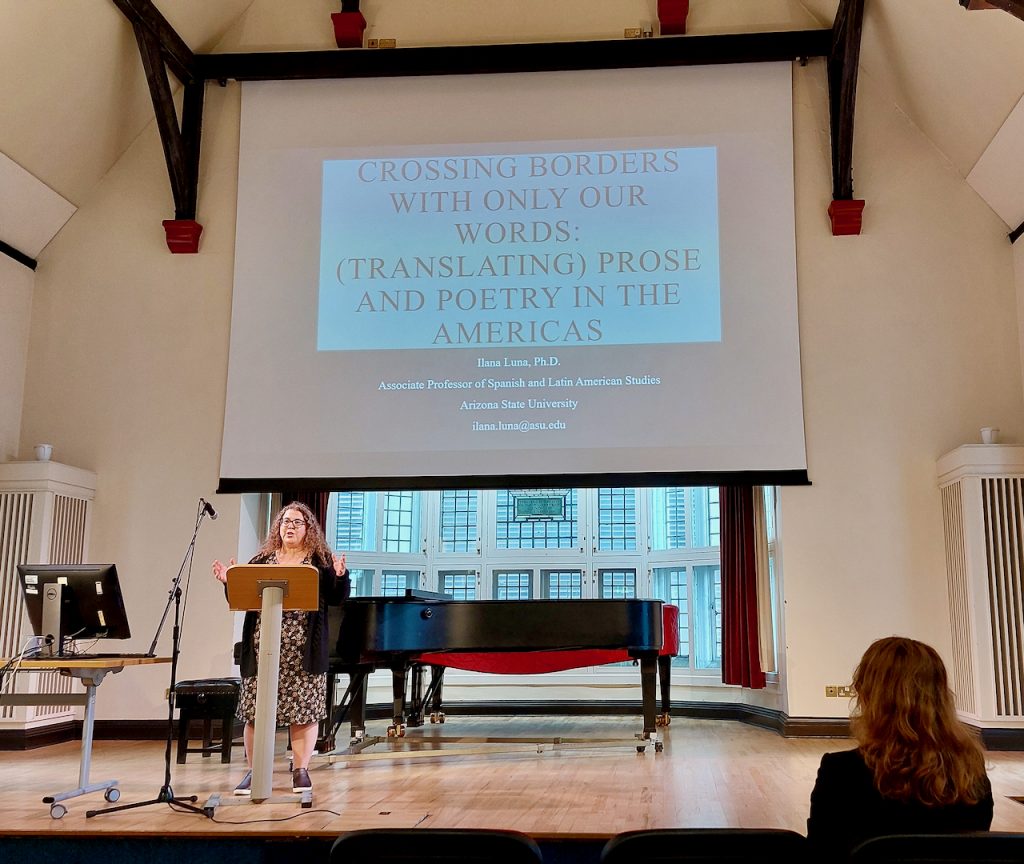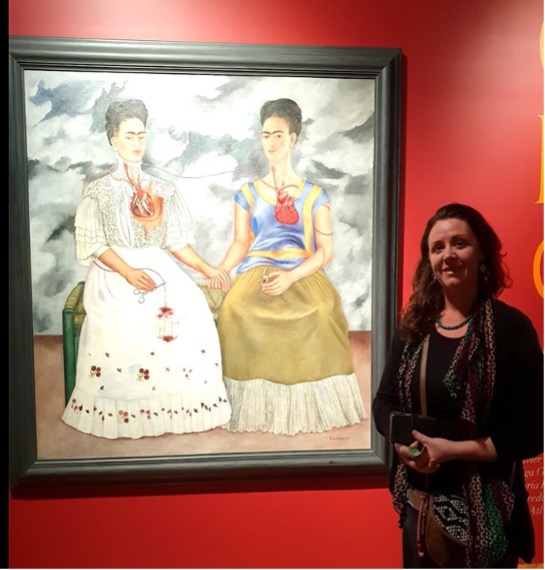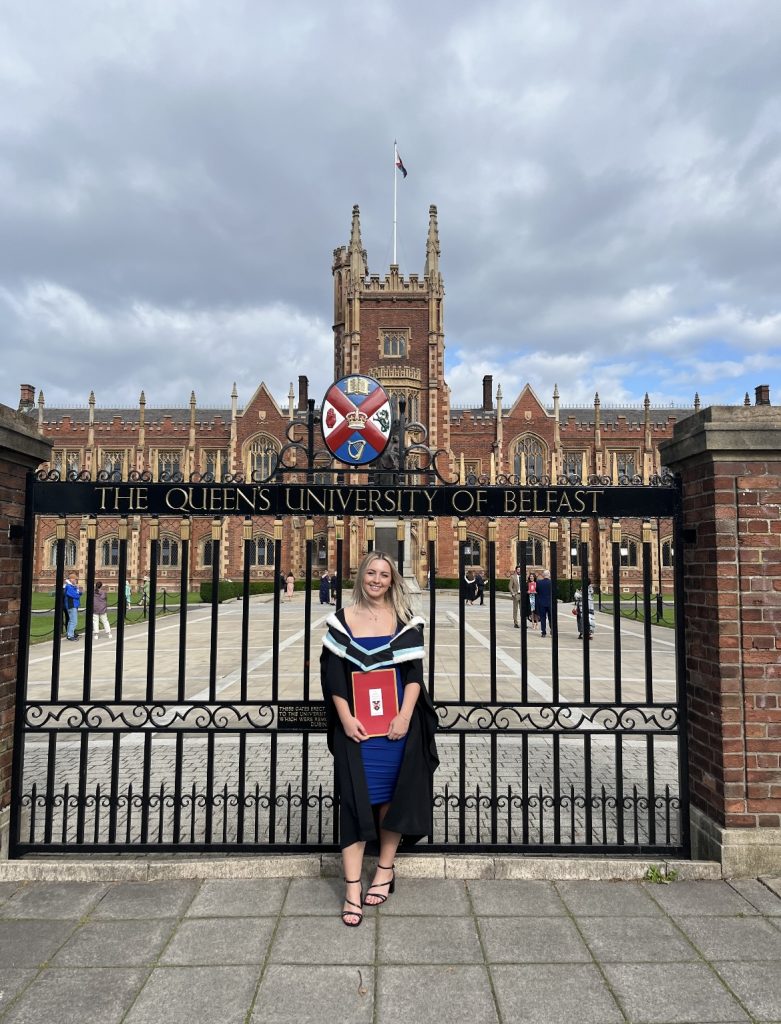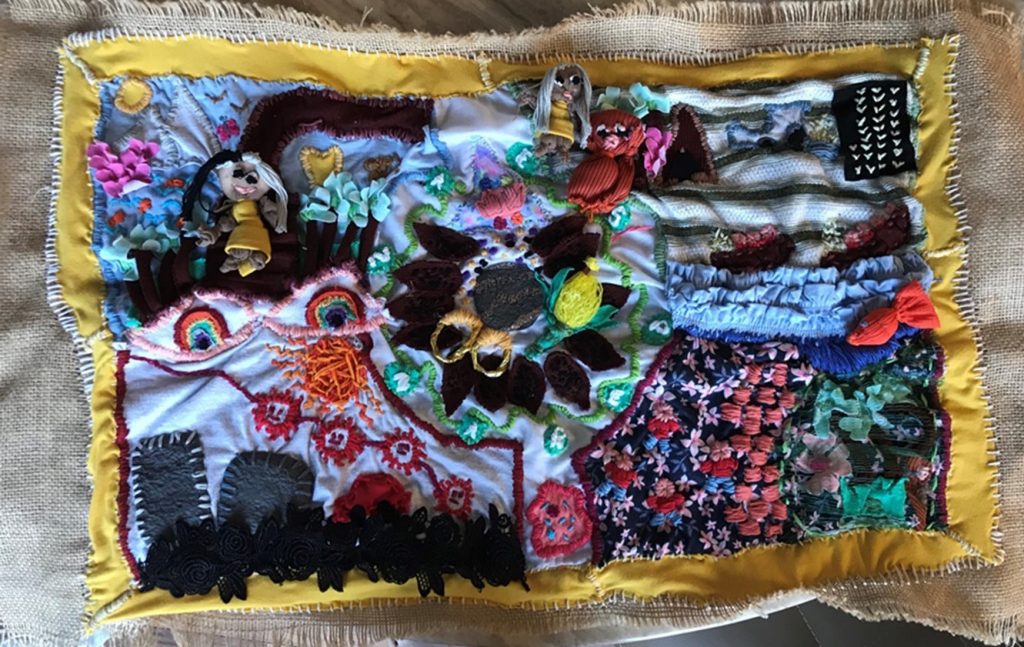This post is part of our Research Initiation Scheme for 2023-2024.

On Friday 24th May 2024, Dr Ilana Luna, Associate Professor of Spanish and Latin American Studies at Arizona State University, delivered the keynote speech at the 2024 Modern Languages Core Disciplinary Research Group Showcase on the importance of translation in human understanding of our global neighbours. Her interdisciplinary approach brought together her interest in Latin American studies, feminist writing, poetry and translation. In her paper Dr Luna drew on her extensive experience as a translator (she was shortlisted for the inaugural Sarah Maguire Prize for Poetry in Translation in 2021 for her edition of Judith Santopietro’s Tiawanaku) and her work as an Associate Editor for Cardboard House Press in Phoenix, Arizona. She noted the importance of small presses to the literary landscape of today especially when it comes to the role they play in supporting texts in translation.
In her paper, as in her book Adapting Gender: Mexican Feminisms from Literature to Film (SUNY Press, 2018), which looks at the historical role of women in the Mexican film industry and how this ruptures stereotypes in the broader socio-political context of Mexico, Dr Luna sought to build bridges by creating conversations among people and texts prompting them to think about what it means to cross borders with only our words.
In her keynote speech, Dr Luna rejected the idea of a pristine, pure translation which as linguists we all grapple with. She described the process of translation as being simultaneously in oneself and outside oneself as it is a radical act of listening and interpretation. Throughout her presentation she drew on many examples of her translation of poetry, including Una vez que la leña se hubiera terminado [Once the firewood had finally burned out] by Cristián Gómez Olivares and Independencia del apátrida [Independence for the stateless] by Mauricio Espinoza. These poems reflect the touching reality of thousands of people who struggle to feel a sense of belonging to a nation because of their borderland experience.
Continue reading

